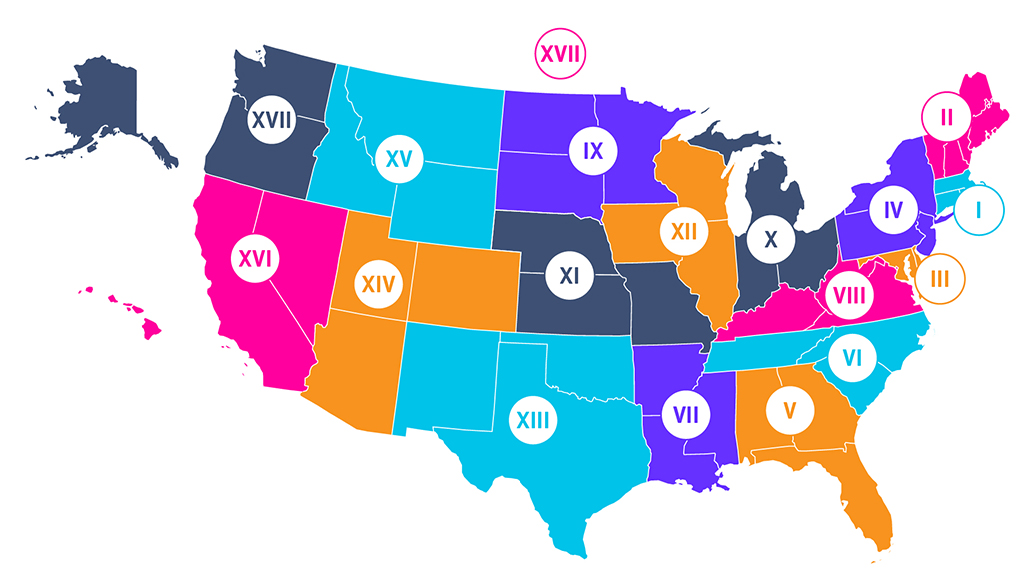NSTA Leadership
Transforming science education to benefit all through professional learning, partnerships and advocacy.
Meet the Leadership
NSTA Governance
Board of Directors
Directors
Jodi Bahr 22-26
Science Teacher
Harvard Middle/High School
Leena Bakshi 23-27
Executive Director
STEM4Real
Sean Collins 25-29
Early-Career Director
8th Grade Science Teacher
Newton Middle School
Kristen Crawford 22-26
K-12 Supervisor of Science
School District of the Chathams
Sharon Delesbore 25-29
Assistant Principal
Stephen F. Austin High School
Karen Hays 24-28
School & Teacher Partnerships Manager
Denver Zoo
Denver, CO
Carrie Jones 24-28
8th Grade Science
Dillard Drive Magnet Middle School
Richard Jones 22-26
Professor of Science Education
University of Hawaii West Oahu
Christine Thompson 25-27
Director, Instruction and Summer Programs
Girls Who Code
Selene Verhofstad 25-29
Albert Einstein Distinguished Education Fellow
STEM Instructor
Pasadena Virtual School/San Jacinto Community College
Ex Officio
Robert A. Lay
Interim Chief Executive Officer & Secretary
National Science Teaching Association
Claire Lannoye-Hall
Treasurer 23-26
Director of Education
Detroit Zoological Society
Omah Williams-Duncan
Chairperson, Leadership Council 25-26
Leader, District XIII 23-26
Associate Professor in Teacher Education – STEM Emphasis
University of Houston Clear Lake
Staff Contacts
Interim Chief Executive Officer & Secretary
Executive Assistant to the CEO & Recording Secretary



